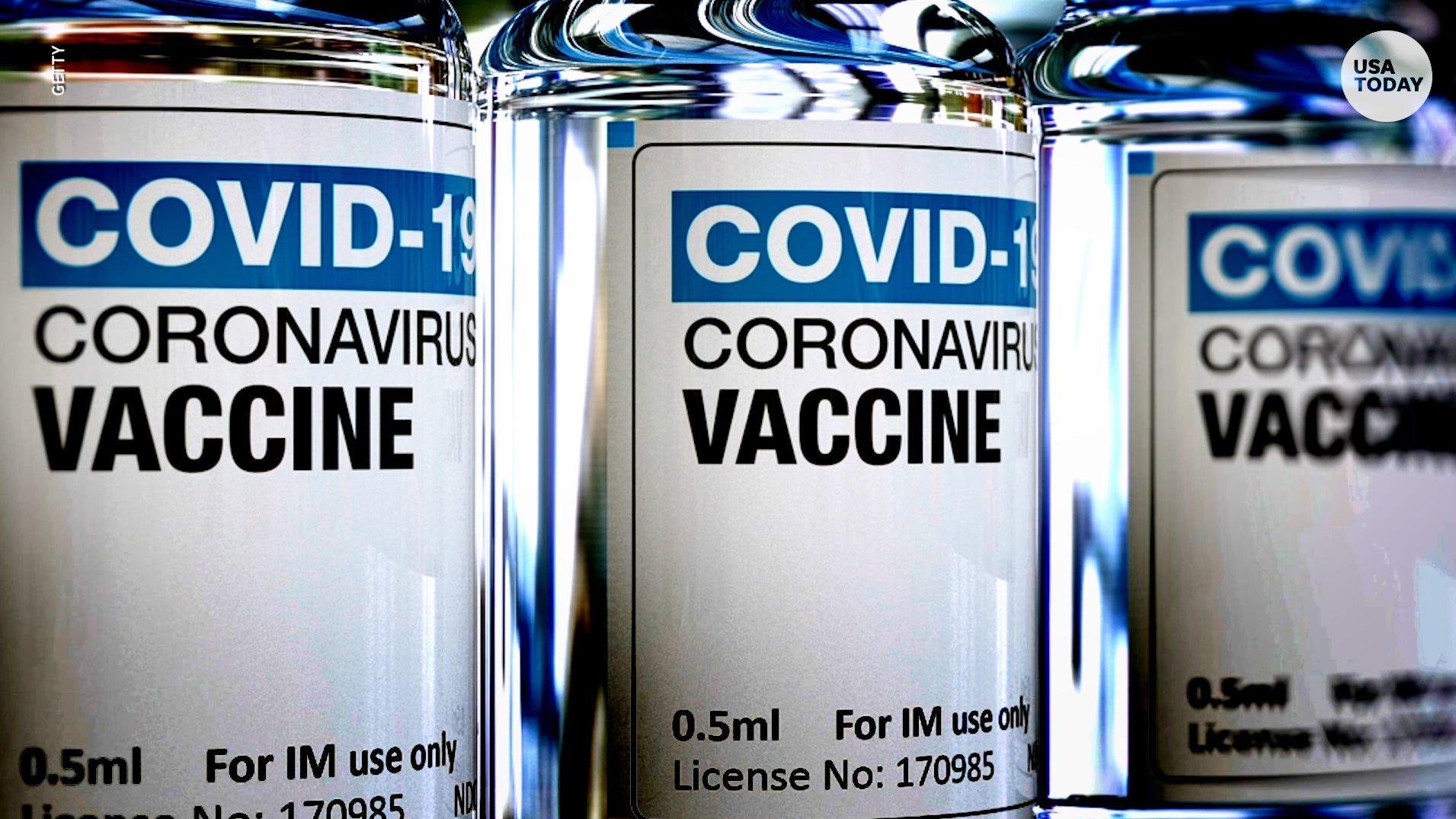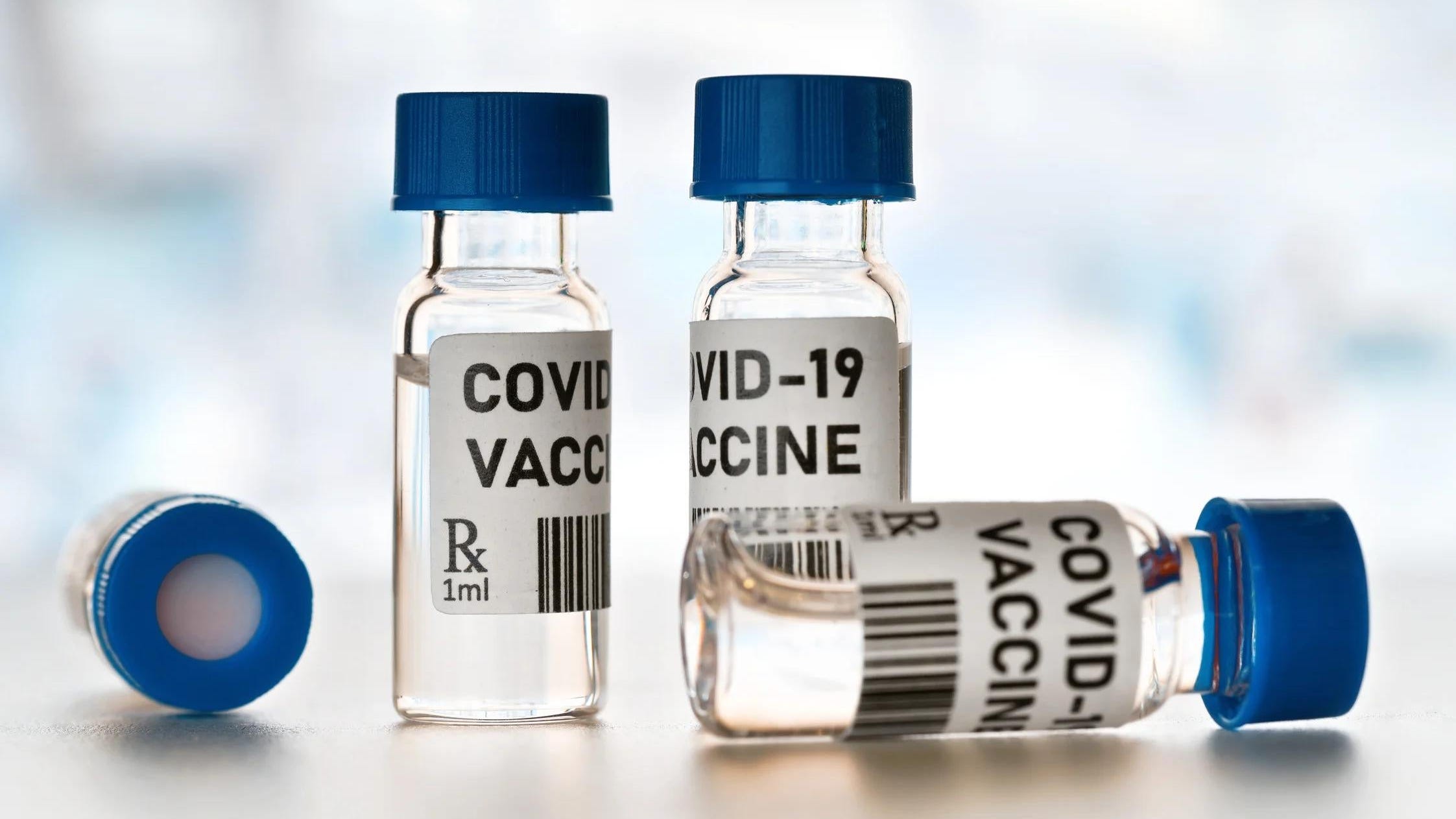Vaccination is one of the most powerful tools in modern medicine, and it plays a crucial role in preventing the spread of infectious diseases. The phrase "my vaccine can save the world" encapsulates the importance of each individual's contribution to global health through vaccination. As the world battles various pandemics and outbreaks, understanding the science, benefits, and challenges of vaccines has never been more important.
In this article, we will explore the significance of vaccination, its role in protecting not just individuals but entire communities, and how it can truly make a difference on a global scale. We'll delve into the science behind vaccines, address common misconceptions, and provide actionable insights to help you make informed decisions about your health and the health of those around you.
Whether you're a parent, healthcare professional, or simply someone interested in learning more about vaccines, this article aims to equip you with the knowledge and resources to contribute positively to the fight against infectious diseases. Let's explore how "my vaccine" can indeed save the world.
Read also:Sajdecom Your Ultimate Guide To Discovering The Best Deals And Services Online
Table of Contents
- The Science Behind Vaccines
- Why Vaccines Are Important
- A Brief History of Vaccination
- Types of Vaccines and How They Work
- Common Challenges and Misconceptions About Vaccines
- How My Vaccine Can Save the World
- Vaccination Statistics and Their Impact
- Global Vaccination Efforts and Initiatives
- The Future of Vaccines
- Conclusion: Your Role in the Global Fight Against Disease
The Science Behind Vaccines
Vaccines are biological preparations designed to stimulate an individual's immune system to recognize and combat pathogens such as viruses or bacteria. The science behind vaccines is rooted in immunology, the study of the immune system. When a vaccine is administered, it introduces a harmless piece of the pathogen or a weakened form of it into the body. This allows the immune system to recognize the pathogen and build immunity against it without causing the disease.
How Vaccines Work
Vaccines work by training the immune system to recognize and fight specific pathogens. Here's how the process works:
- Antigen Introduction: The vaccine introduces an antigen, which is a substance that triggers an immune response.
- Immune Response: The immune system recognizes the antigen and produces antibodies to fight it.
- Memory Cells: The immune system creates memory cells that remember the pathogen, allowing for a faster and more effective response if the body encounters the real pathogen in the future.
Why Vaccines Are Important
Vaccines are essential for protecting both individuals and communities from infectious diseases. They play a critical role in preventing outbreaks and reducing the spread of diseases. By getting vaccinated, individuals contribute to herd immunity, which protects those who cannot be vaccinated due to medical reasons.
Benefits of Vaccination
- Prevents serious illnesses and complications.
- Reduces the spread of diseases within communities.
- Protects vulnerable populations, such as infants, elderly individuals, and those with weakened immune systems.
A Brief History of Vaccination
The history of vaccination dates back centuries, with early forms of inoculation practiced in various parts of the world. Edward Jenner is often credited with developing the first modern vaccine in 1796 when he used cowpox material to protect against smallpox. Since then, vaccines have evolved significantly, leading to the eradication of diseases like smallpox and the control of others like polio and measles.
Key Milestones in Vaccination History
- 1796: Edward Jenner develops the smallpox vaccine.
- 1955: Jonas Salk develops the first successful polio vaccine.
- 2000s: Development of mRNA vaccines, such as those used in the fight against COVID-19.
Types of Vaccines and How They Work
There are several types of vaccines, each designed to address specific pathogens and diseases. Understanding the different types of vaccines can help individuals make informed decisions about their health.
Common Types of Vaccines
- Inactivated Vaccines: Contain killed versions of the pathogen.
- Live Attenuated Vaccines: Use a weakened form of the pathogen.
- mRNA Vaccines: Use genetic material to instruct cells to produce a harmless piece of the virus.
Common Challenges and Misconceptions About Vaccines
Despite the proven effectiveness of vaccines, there are still challenges and misconceptions surrounding their use. Addressing these issues is crucial for increasing vaccine acceptance and uptake.
Read also:Jonny Lee Miller A Closer Look At His Versatile Career And Personal Life
Addressing Vaccine Misconceptions
One common misconception is the belief that vaccines cause autism. Numerous studies have debunked this claim, showing no link between vaccines and autism. Another challenge is vaccine hesitancy, which can be fueled by misinformation and lack of access to reliable information.
How My Vaccine Can Save the World
When individuals choose to get vaccinated, they contribute to a collective effort to protect global health. The phrase "my vaccine can save the world" emphasizes the importance of individual responsibility in combating infectious diseases. By getting vaccinated, you not only protect yourself but also help protect others in your community.
Community Impact of Vaccination
Vaccination has a significant impact on community health by reducing the spread of diseases and promoting herd immunity. This is especially important for protecting vulnerable populations who may not be able to receive vaccines due to medical conditions.
Vaccination Statistics and Their Impact
Data and statistics play a crucial role in understanding the impact of vaccines on global health. According to the World Health Organization (WHO), vaccines prevent millions of deaths each year and have significantly reduced the incidence of diseases like measles, polio, and hepatitis B.
Key Vaccination Statistics
- Vaccines prevent 2-3 million deaths annually.
- Measles vaccination has led to a 73% reduction in global measles deaths since 2000.
- Polio cases have decreased by over 99% since the launch of the Global Polio Eradication Initiative in 1988.
Global Vaccination Efforts and Initiatives
Global organizations and initiatives are working tirelessly to ensure equitable access to vaccines worldwide. Programs like Gavi, the Vaccine Alliance, and UNICEF are instrumental in vaccinating children in low-income countries and addressing vaccine inequities.
Examples of Global Vaccination Programs
- Gavi: Provides vaccines to children in low-income countries.
- COVAX: Ensures equitable access to COVID-19 vaccines globally.
The Future of Vaccines
The future of vaccines looks promising, with advancements in technology and research leading to more effective and accessible vaccines. Innovations such as mRNA vaccines and universal flu vaccines hold the potential to revolutionize the field of immunization.
Innovations in Vaccine Development
Researchers are exploring new methods of vaccine delivery, such as nasal sprays and patches, which could improve accessibility and convenience. Additionally, ongoing studies are investigating the potential for vaccines to combat non-infectious diseases like cancer.
Conclusion: Your Role in the Global Fight Against Disease
Vaccination is one of the most effective ways to protect yourself and others from infectious diseases. By understanding the science behind vaccines, addressing misconceptions, and participating in global vaccination efforts, you can play a vital role in saving lives and promoting global health. Remember, "my vaccine can save the world," and every individual's contribution matters.
We invite you to take action by getting vaccinated, sharing this article with others, and staying informed about the latest developments in vaccine research. Together, we can make a difference in the fight against infectious diseases.

